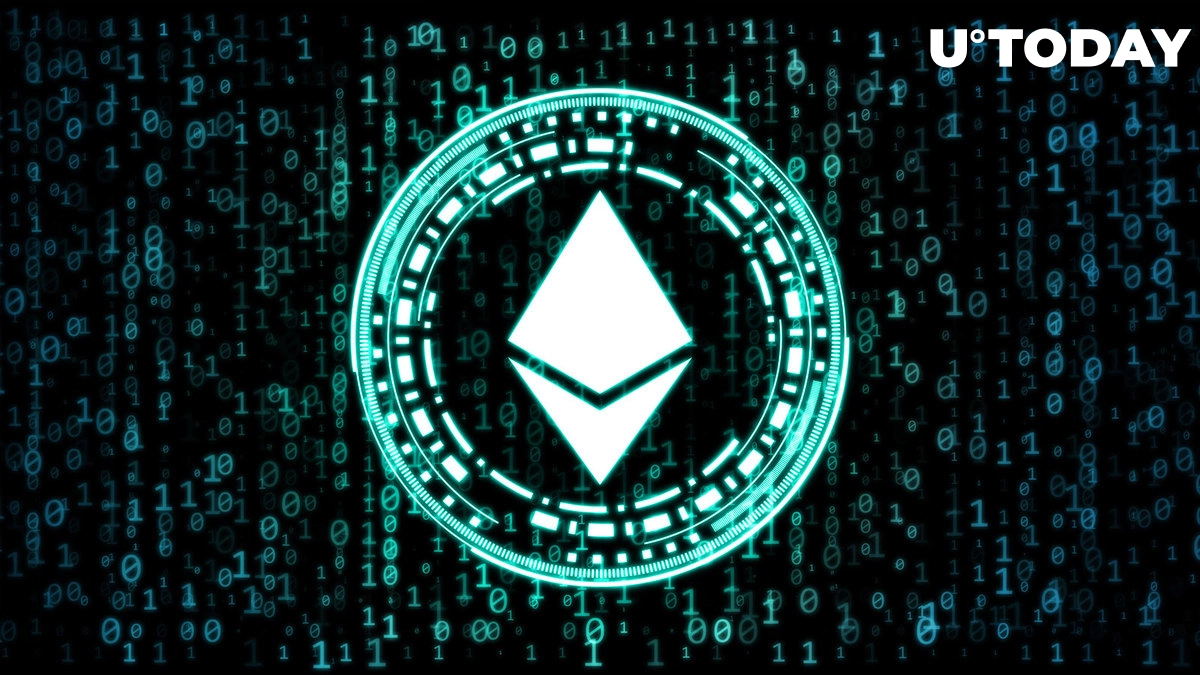
Here’s how major Ethereum (ETH) scaling solution eclipsed #1 blockchain by weekly transaction count
Starknet is one of the most technologically advanced second-tier solutions for the Ethereum (ETH) network. Its founders Eli Ben-Sasson and Uri Kolodny explain how it helps scale other blockchains.
Here’s how StarkNet pushes barriers of Ethereum (ETH) scaling
In the last episode of The Defiant Podcast, the StarkWare co-founders sat down with Camila Russo to discuss how their network addresses the challenges of Ethereum (ETH) scalability.
The protocol employs ZK-STARKs, a proof-of-stake system that allows validators and approval modules to interact in a secure, seamless and resource-efficient manner. This mechanism allows transactions to be “compressed” and ease the pressure on the Ethereum (ETH) mainnet without sacrificing security and privacy:
It allows you to make sure the right thing was done, even when no-one was watching
To deploy StarkNet solutions, state-of-the-art DeFis (including the likes of ImmutableX, dYdX, Sorare and the like) can use StarkEx, a system as a service offering powered by custom APIs.
Due to its impressive technical performance, unmatched security and negligible fees, StarkNet sees its adoption gaining steam: the ecosystem processes up to 6 million transactions per week, which is more than Bitcoin (BTC), the first cryptocurrency.
STARK Token will be issued in the next months
To further the protocol decentralization, the Starkware team is going to issue Stark tokens in the coming months. The token will combine the benefits of utility and governance assets: Stark will be accepted for gas fees, protocol referendums, staking mechanisms, and data availability solutions.
As covered by U.Today previously, StarkWare recently released Cairo 1.0, the first major upgrade to its own programming language Cairo.
Sierra (Secure Intermediate Representation), an intermediate layer for transaction verification control, is one of the major developments of the new release.


















